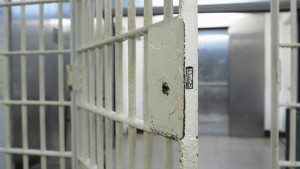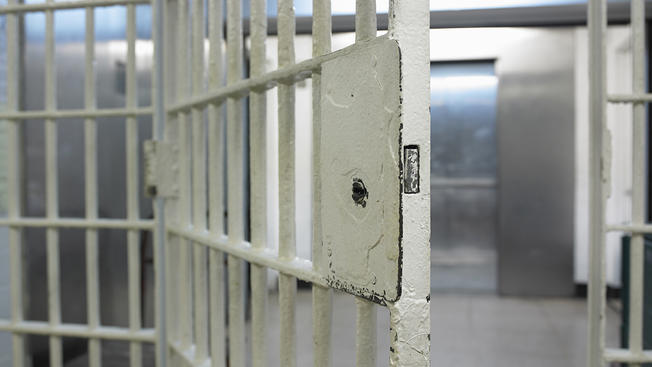Helping Those with Mental Illness Find Treatment, Not Incarceration
Mental illness, the theme of our 2016 Better Government Competition, impacts all of us. In the second part of our ongoing blog series, below, we explore mental health and our criminal justice system.
 Prisons and jails have become our country’s de facto mental health institutions. Each year, there are two million arrests in the U.S. involving a person with a serious mental illness. In 2014, there were 550,000 Americans suffering from a serious mental illness in jails or prisons. Ill-prepared to manage populations with a mental health disorder, our criminal justice system has become a revolving door for vulnerable people who need treatment but instead face imprisonment and conditions that exacerbate their afflictions.
Prisons and jails have become our country’s de facto mental health institutions. Each year, there are two million arrests in the U.S. involving a person with a serious mental illness. In 2014, there were 550,000 Americans suffering from a serious mental illness in jails or prisons. Ill-prepared to manage populations with a mental health disorder, our criminal justice system has become a revolving door for vulnerable people who need treatment but instead face imprisonment and conditions that exacerbate their afflictions.
The common practice of incarcerating individuals with a mental health disease is symptomatic of large-scale system failures. The issue starts with the grave reality that correctional facilities are often the only option for the emotionally distressed who are in need of institutional assistance. Once imprisoned, mental health patients receive either insufficient treatment or no treatment at all. Corrections officers, like the law enforcement agencies at the front end of the criminal justice system, are not equipped with the right tools to provide the appropriate services and care that mental health professionals would deliver in the right institutional environment.
In spite of the continued damage brought on by this trend, there is significant momentum behind a number of reform efforts that promise impactful change. Crisis intervention teams and similar models are shifting perspectives on policing and improving the way mental health cases are managed. Law enforcement groups are increasingly moving towards training programs that better inform agents on best practices for interactions with individuals suffering from a mental illness. We’ve also seen the rise of specialty courts, which provide court-supervised treatment for those with mental health and substance abuse issues in lieu of the traditional judicial process, which often overlooks the needs of these groups.
These promising reforms are just some of the innovations that will define the future of mental health services – and that’s why we need your help. Your great idea to provide those with a mental health disorder effective channels for proper treatment instead of incarceration could be adopted and put into practice, improving the lives of millions who suffer due to failures in our current system. To improve the lives of people with mental illness in the criminal justice system, it’s imperative that we put in place the right strategies. Intervention and prevention programming, for example, will be key in ensuring those at risk of developing a mental illness do not enter our criminal justice system later in life. This is our invitation to all who wish to make a difference by sharing ideas that will change the status quo.
Join our mission to improve care for those with mental illness by attending our awards gala on June 20th to honor the top proposals from across the country.





Leave a Reply
Want to join the discussion?Feel free to contribute!